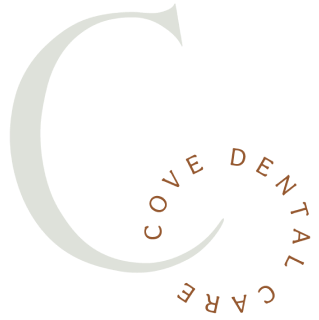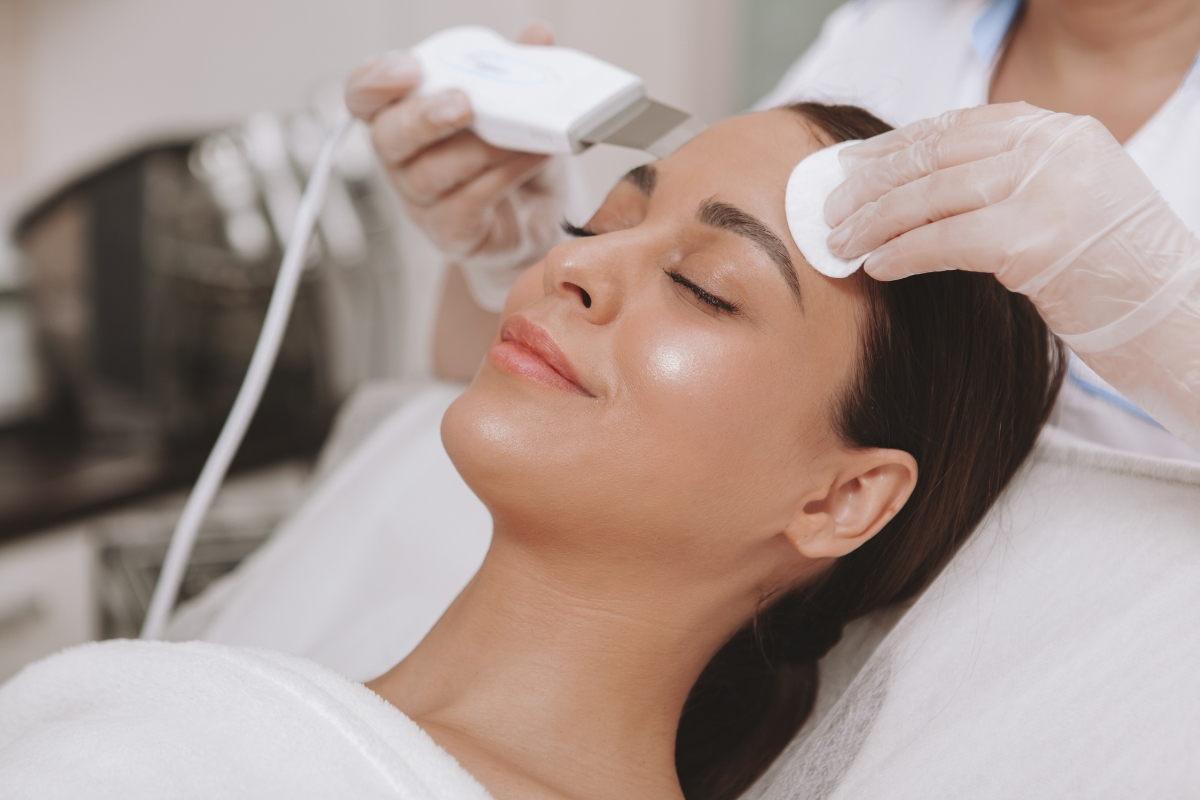How to Cure TMJ Disorder Permanently


Temporomandibular Joint Disorder (TMJ) is more than just a medical term—it’s a condition that can significantly impact daily life. Imagine struggling to enjoy your favorite meal or feeling a sharp pain every time you open your mouth to speak. For many, this is the reality of living with TMJ. The discomfort can range from mild to severe, affecting not just the jaw, but also causing headaches, earaches, and even shoulder pain. This blog explores effective strategies to cure TMJ permanently, empowering you with knowledge and tools to regain control over your life and enjoy pain-free days once again. Read on to discover how you can achieve lasting relief and improve your quality of life.
Symptoms and Diagnosis
Recognizing TMJ symptoms early can lead to better outcomes. Common symptoms include jaw pain, headaches, earaches, and difficulty in opening or closing the mouth. Some people also experience a clicking or popping sound when moving their jaw. A thorough diagnosis often involves physical examinations, X-rays, and MRI scans to understand the extent of the issue.
Non-Surgical Treatments
Before considering surgical options, non-invasive treatments can significantly alleviate TMJ symptoms. These methods are often preferred as they carry fewer risks and require less recovery time.
Physical Therapy
Physical therapy plays a crucial role in TMJ treatment. Techniques like jaw exercises, massages, and stretches can improve joint function and reduce pain. A physical therapist can design a personalized exercise program to strengthen the muscles around the jaw and increase flexibility.
Medications
Medications can provide temporary relief from TMJ symptoms. Over-the-counter pain relievers like ibuprofen or acetaminophen can reduce inflammation and pain. In some cases, muscle relaxants or prescription medications may be necessary to manage severe pain or muscle spasms.
Dental Splints and Mouthguards
Dental splints and mouthguards are commonly used to treat TMJ. These devices help align the jaw correctly and prevent teeth grinding, which can exacerbate TMJ symptoms. A custom-made mouthguard from a dentist Greer can provide the best fit and comfort.
Lifestyle Changes
Making certain lifestyle changes can also help manage TMJ symptoms. Stress reduction techniques, such as meditation or yoga, can reduce muscle tension in the jaw. Avoiding hard or chewy foods and maintaining good posture can also alleviate discomfort.
Surgical Options
When non-surgical treatments fail to provide relief, surgical options may be considered. These procedures aim to correct structural issues within the jaw joint.
Arthrocentesis
Arthrocentesis is a minimally invasive procedure where fluid is injected into the joint to remove debris and reduce inflammation. This treatment can improve mobility and reduce pain without major surgery.
Arthroscopy
Arthroscopy involves inserting a small camera into the jaw joint to diagnose and treat TMJ issues. This procedure allows surgeons to remove inflamed tissue or realign the jaw, offering relief with minimal scarring and recovery time.
Open-Joint Surgery
In severe cases, open-joint surgery may be necessary. This procedure involves repairing or replacing the joint, providing a permanent solution to chronic TMJ pain. Though more invasive, it can offer significant long-term benefits for those suffering from severe TMJ disorders.
Alternative Therapies
In addition to conventional treatments, several alternative therapies can support TMJ management. These holistic approaches often focus on overall well-being and can complement other treatments.
Acupuncture
Acupuncture has been shown to relieve TMJ pain by stimulating specific points in the body. This ancient practice can reduce inflammation and promote relaxation, providing a natural way to manage TMJ symptoms.
Chiropractic Care
Chiropractic care can address misalignments in the spine and jaw, offering relief from TMJ pain. Chiropractors use gentle adjustments to improve joint function and reduce tension in the jaw muscles.
Dietary Adjustments
Nutrition plays a role in managing TMJ symptoms. Anti-inflammatory diets rich in fruits, vegetables, and omega-3 fatty acids can reduce inflammation and support joint health. Avoiding caffeine and alcohol can also help, as they can increase muscle tension.
Long-Term Management
Curing TMJ permanently requires a comprehensive approach that combines various treatments and lifestyle changes. Consistency in following treatment plans and making healthy choices is essential for lasting relief.
Regular Check-Ups
Regular visits to your dentist or healthcare provider ensure that your TMJ treatment plan is effective. Adjustments to your treatment may be necessary over time, and professional guidance can help you stay on track.
Stress Management
Chronic stress can exacerbate TMJ symptoms, so incorporating stress management techniques is vital. Activities like mindfulness meditation, deep breathing exercises, and regular physical activity can reduce stress and improve overall health.
Healthy Habits
Maintaining healthy habits can prevent the recurrence of TMJ symptoms. Good posture, a balanced diet, and avoiding habits like teeth grinding (bruxism) are crucial for long-term management. Using a mouthguard at night can prevent teeth grinding and protect the jaw joint.
Personal Stories and Experiences
Hearing from others who have successfully managed or cured their TMJ can be inspiring and informative. Many people have found relief through various treatments and lifestyle changes, highlighting the importance of a personalized approach.
Success Stories
Numerous success stories demonstrate that TMJ can be managed and even cured with the right approach. For instance, one patient found relief through a combination of physical therapy and dietary changes, while another benefitted from acupuncture and stress reduction techniques.
Expert Insights
Experts in the field offer valuable insights into effective TMJ treatments. Dentists and healthcare providers can provide tailored advice based on the latest research and clinical practices. Consulting with professionals ensures that you receive the most appropriate and effective care for your specific condition.
Innovative Treatments
The field of TMJ treatment is continually evolving, with new and innovative therapies emerging. Staying informed about the latest advancements can provide additional options for those seeking permanent relief.
Botox Injections
Botox injections have gained popularity as a treatment for TMJ. By relaxing the muscles around the jaw, Botox can reduce pain and improve function. This treatment offers a temporary solution but can be repeated as needed for ongoing relief.
Regenerative Medicine
Regenerative medicine, including platelet-rich plasma (PRP) therapy, is being explored as a treatment for TMJ. PRP involves injecting the patient’s own platelets into the jaw joint to promote healing and reduce inflammation. This cutting-edge therapy shows promise for long-term relief.
Laser Therapy
Laser therapy is another innovative treatment for TMJ. Low-level lasers can reduce inflammation and promote tissue repair, offering a non-invasive option for pain relief. This therapy can be particularly beneficial for those seeking alternatives to surgery.
Support Systems and Resources
Managing TMJ can be challenging, but support systems and resources are available to help. Joining support groups, both online and in-person, can provide encouragement and practical advice from others experiencing similar challenges.
Online Communities
Online communities and forums offer a platform to share experiences, ask questions, and find support from others with TMJ. These communities can provide valuable insights and tips for managing symptoms and finding effective treatments.
Professional Support
Working with a team of healthcare professionals ensures a comprehensive approach to TMJ treatment. Dentists, physical therapists, and other specialists can collaborate to create a personalized treatment plan that addresses all aspects of the disorder.
Achieving permanent relief from TMJ requires a multifaceted approach that combines medical treatments, lifestyle changes, and alternative therapies. By understanding the underlying causes of TMJ and exploring various treatment options, individuals can find lasting solutions to their symptoms. Regular check-ups, healthy habits, and stress management play crucial roles in maintaining jaw health and preventing future issues. With dedication and the right support, it is possible to cure TMJ permanently and enjoy a pain-free life.
In conclusion, TMJ Treatment in Greer offers a range of options to address this complex disorder. Consulting with a Dentist Greer ensures you receive personalized and effective care. Remember, the journey to curing TMJ may require patience and persistence, but with the right approach, lasting relief is achievable.

